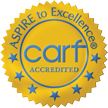Independent Housing Resources
H-NNCSB provides housing assistance and referral services via H-NNCSB programs to those persons who have a defined need and qualify for housing services.
H-NNCSB operates several housing assistance programs. Each is described below.
Information and Referral Packages are accepted primarily through internal referrals and must be requested and completed by H-NNCSB staff on behalf of our clients.
If you or someone you know is in a housing crisis – facing eviction or homelessness – it is important to contact the regional Housing Crisis Hotline at 757-587-4202. The H-NNCSB does not provide rent, mortgage, shelter, or other types of direct assistance to those experiencing a housing crisis. These types of assistance can be requested through the Housing Crisis Hotline.
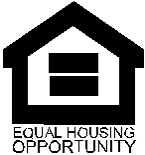
Winter 2025 - 2025 shelter schedules have been released. The following are available:
If you require additional information, please contact the shelter directly if a contact is listed, or contact H-NNCSB Housing and Homeless Services at 757-788-0765, or using the form on this page.
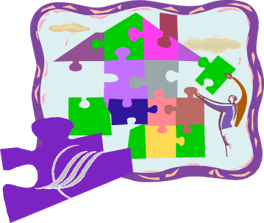
Permanent Supportive and Independent Housing
H-NNCSB operates a limited number of independent housing programs and services for H-NNCSB consumers who have a verifiable need and who qualify under the specific program eligibility requirements.
Individuals in need of housing and not working with H-NNCSB programs and services are encouraged to contact the Housing Crisis Hotline at 757-587-4202 or complete the contact form below.
OUR PURPOSE:
The Hampton-Newport News Community Services Board, Office of Property and Resource Development, is committed to developing and managing safe, decent, affordable, and well-maintained housing for low and extremely low-income persons who are affected by mental illness, intellectual and developmental disabilities and/or substance use disorders.
OUR HOUSING VALUES:
- We support the dignity, independence and self-sufficiency of tenants, and respect their involvement in their home community.
- Housing is a basic human need and all persons deserve safe, decent, affordable, and accessible housing.
- We assist HNNCSB consumers without regard to race, color, religion, sex, national origin, sexual orientation, source of income, elderliness, or disability.
- We strive to create a supportive housing environment that fosters independence in securing, maintaining, and retaining housing of the individual’s choice within funding requirements and eligibility limitations.
- We are committed to working collaboratively with programs and services of the HNNCSB and other public or private agencies, who serve residents in housing managed by OPRD, to ensure that quality housing and supportive services are available to benefit residents appropriately and voluntarily.
- We strive to build community and involve residents in creating and maintaining that sense of community
Housing Programs for Persons with Developmental Disabilities
Tenancy Support Program (TSP)
The Tenancy Supports Program ("TSP") provides pre- and post-tenancy services to adults with developmental disabilities who either have a Medicaid Developmental Disabilities (DD) Waiver or who are on the waitlist for the Medicaid Developmental Disabilities (DD) Waiver. Tenancy Support assists adults with transitioning to independent housing and maintaining independent housing.
Eligibility:
- Must be 18 or older
- Must have ID/DD waiver or are on the waiver waiting list
- Must live in the cities of Hampton or Newport News
Services include, but are not limited to:
- Assisting individuals identify their housing needs, preferences and barriers to successful tenancy
- Helping individuals apply for rent assistance (e.g., collecting needed documents, completing and submitting applications)
- Providing assistance with the housing search (including identifying available housing units, taking individuals to view housing properties and documenting search outcomes)
- Helping individuals complete applications for rental housing
- Providing education and training on the role, rights and responsibilities of the tenant and landlord during the transition from home or congregate setting
- Helping individuals set up systems for routine payment of rent and utilities
- Orienting individuals to their new units, properties and neighborhoods
- Providing training in being a good tenant and lease compliance; and providing support with activities related to household management
- Assisting individuals with maintaining positive relationships with the rental assistance program, landlords and neighbors; and resolving conflicts that arise
- Identifying services, supports and/or resources individuals may need to maintain tenancy and engaging the support coordinator's help to access to these services, supports and/or resources
- Monitoring the individual’s housing stability through home visits and landlord contacts
- Coordinating with the individual, landlord, rental assistance program and the individual's support team to address issues that impact housing stability
- Assisting with the housing recertification process, if or when requested by the support coordinator or the individual's support team
SRAP PROGRAM
SRAP Administration - State Rental Assistance Program for Individuals in the DOJ Settlement Target
The Department of Behavioral Health and Developmental Services (DBHDS) has created a State Rental Assistance Program (SRAP) to serve individuals with developmental disabilities in the Settlement Agreement population who want to live in their own housing. The aim of the State Rental Assistance Program is to provide adults with developmental disabilities who currently live in less integrated settings such as nursing facilities, intermediate care facilities, group homes and with their families of origin, a financial tool to support establishing their own households in more integrated housing settings consistent with their informed choices and needs, including their own homes and apartments. The program is designed to provide rental assistance to eligible families so they have the means to lease private market rental housing that meets their needs. Individuals will have the opportunity to choose where they live, with whom they live, and who supports them. Services and supports will be provided through sources separate from their housing, including Medicaid Waiver-funded home and community based services, natural supports, privately paid supports, and other community resources.
Eligibility:
- Must be 18 or older
- Have an intellectual disability as defined in the Code of Virginia
- Individuals who are seeking rental assistance to live with parents, grandparents or guardians are not eligible
- Are in one of the following categories:
- transitioning from a skilled nursing facility, intermediate care facility, state training center, group home or other congregate setting
- receiving Building Independence (BI), Family and Individual Support (FIS) or Community Living (CL) Waiver services
- determined eligible for and currently on a waitlist for the BI, FIS or CL Waiver
- currently receive no other source of local, state or federal rent assistance, subsidy or supplement, whether tenant-based or project-based rent assistance
Permanent Supportive Housing
Program and Eligibility
Permanent Supportive Housing is an evidence-based housing model combining affordable, decent, lease-based, independent housing with a broad array of community based supportive services available to members built upon the individual’s needs, abilities, strengths, and preferences. Tenancy supports are provided in collaboration with other clinical and community services and resources, not as a replacement for those services. PSH uses Housing First principles and a low barrier, individual choice and preferences approach to independent housing for persons with disabilities, specifically targeting those low-income individuals with serious mental illnesses and other behavioral health conditions.
Eligibility - Road2Home:
- Adults, 18 years of age or older
- Diagnosed serious mental illness, as defined by DBHDS, who
- May have co-occurring substance use or other disabilities, and
- Priorities for those who are currently:
- Patients in state psychiatric facilities who are interested in and eligible for PSH, or
- Residents of supervised residential settings who can live more independently, or
- Chronically homeless or literally homeless and at risk of becoming chronically homeless, or
- Unstably housed and frequent users of hospitals or criminal justice system intervention, and
- Who have incomes not greater than 50% of area median income.
Some Permanent Supportive Housing programs have other specific population of focus. Please contact that PSH program for that information.
Eligibility - Pregnant and Parenting Women:
- Adults, 18 years of age or older
- With Substance Use Disorders, who
- May have co-occurring substance use or other disabilities, and
- Who are pregnant and/or have minor children living within the household, and/or who are actively working on custody of minor children
- Priorities for those who are currently:
- Patients in state, regional, local treatment facilities who are interested in and eligible for PSH, or
- Chronically homeless or literally homeless and at risk of becoming chronically homeless, or
- Unstably housed and frequent users of hospitals or criminal justice system intervention, and
- Who have incomes not greater than 50% of area median income.
Some Permanant Supportive Housing programs have other specific population of focus. Please contact PSH program for that information.
Permanent Supportive Housing
Program Information
PSH Housing
- PSH participants work with Housing Stabilization Specialists and Peer Recovery Specialists to identify housing preferences, work on a housing plan, visit a reasonable choice of available area units in an integrated setting, apply for standard rental housing with leases in the individual’s own name, and obtain and maintain the housing of their choice, based upon availability and program limitations.
- Funding is not available for congregate settings, boarding homes, or rented rooms in private homes.
Participant Agreement
PSH participants agree to work with assigned Housing Stabilization Specialists and Peer Recovery Specialists to identify housing preferences and develop and maintain their housing plan.
Participants must agree to:
- Provide required documentation as required to maintain eligibility – upon changes and annually
- Agree to regular unit inspections by housing staff
- Agree to meet with and communicate with housing staff at least monthly
- Agree to annual recertifications - providing full documentation and unit inspections
- Agree to abide by the terms of their lease and the rules of their chosen housing complex.
H-NNCSB PSH Services
PSH programs offer intensive housing-focused wrap around services provided by an enhanced outreach and housing team.
PSH Program Services include:
- Street and shelter outreach
- Housing Stabilization
- Peer Support
- Pre-tenancy Services (obtaining/securing housing)
- Post-tenancy Services (maintaining housing)
- Benefit Application Services
- Rental Subsidies – individuals pay 30% of adjusted income towards rent and utilities and PSH pays the balance – similar to Housing Choice Vouchers.
- Some move-in costs such as application fees, security deposits, basic furniture, and basic household items.
- Some eviction prevention for participants.
Services provided by PSH Programs do not replace the services and supports provided by the referring programs or service. PSH supports and augments the primary service providers.
Housing Programs for H-NNCSB Clients
Regardless of Behavioral Health Conditions
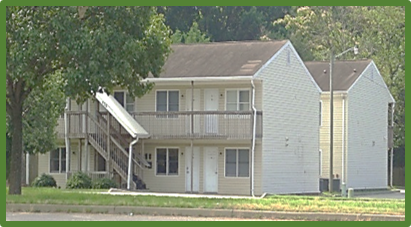
H-NNCSB Managed Properties
- Head of Household must be adult 18 +
- Must be referred by HNNCSB staff
- Must have disabling condition
- Must be able to live independently
- Must be a current HNNCSB client
- Rent subsidies for some housing goes through the
- Newport News Redevelopment and Housing Authority for approval and is a separate application
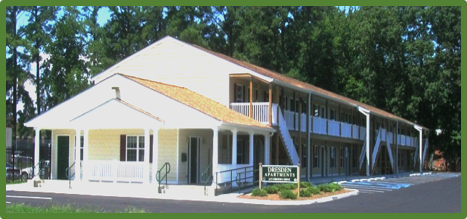
Homeless Housing - Shelter Care
- Must be 18 or older
- Must be homeless – literally or chronically
- Must be referred through GVPHC SCAAN process
- Roommate situation – 2 bedrooms, 2 bathrooms
- Must have disabling condition
General Steps to Housing with H-NNCSB Assistance Services
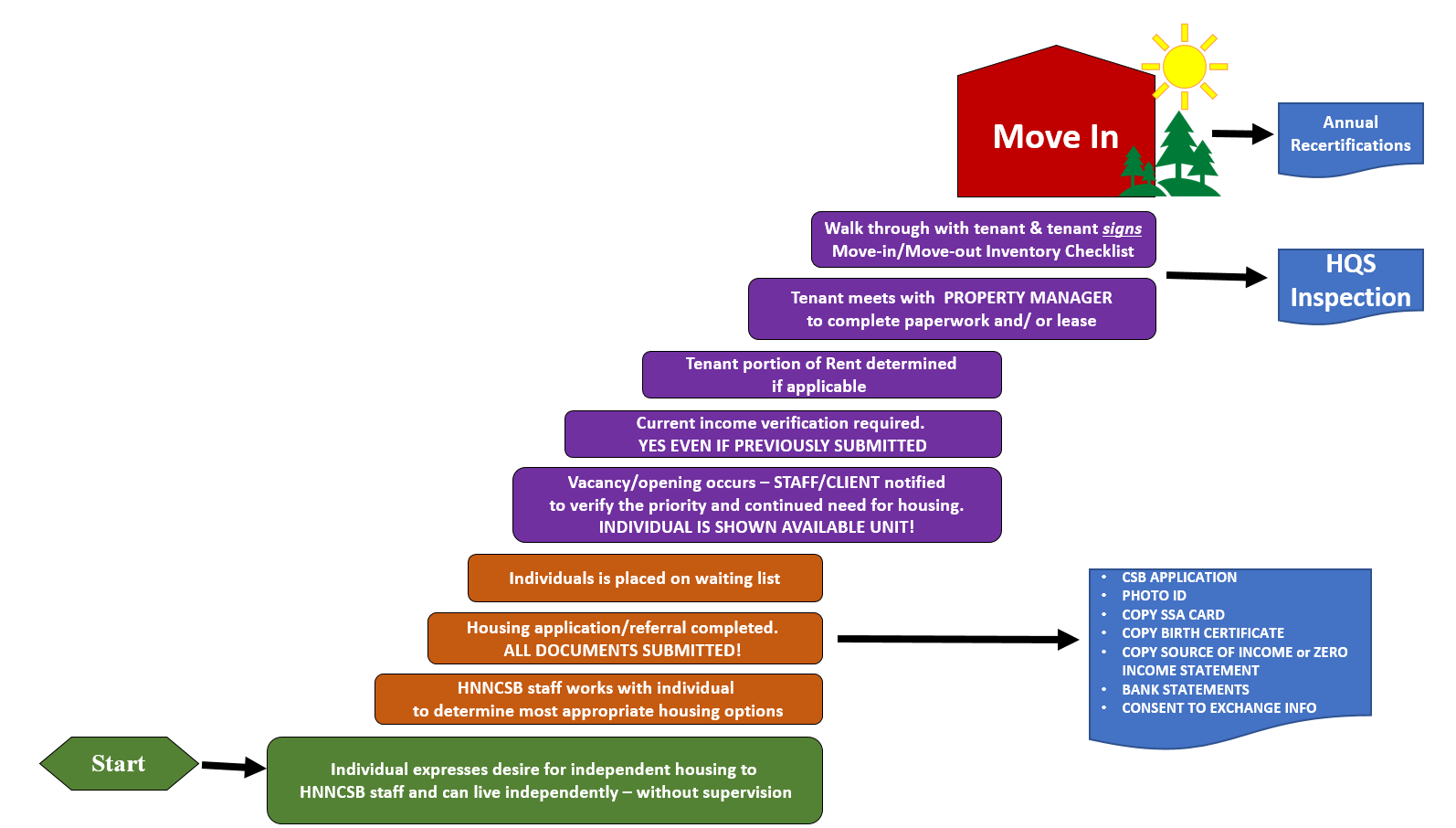
| Document | Resource Information |
|---|---|
| Household Spending Plan | Sample household spending plan |
| State of Supportive Housing in 2022 | Virginia Housing Alliance State of Supportive Housing report |
| Virginia Landlord Tenant Handbook 2020 | Virginia Landlord Tenant Act 2020 |
| Virginia Source of Funds Guidance 2022 | Housing discrimination on the basis of source of funds |
| Equal Access for Transgender Persons | Equal access for transgender people - supporting inclusive housing and shelters |
| March 2022 Newsletter | March 2022 Permanant Supportive Housing initiative Newsletter |
| February 2022 Newsletter | April 2022 Permanent Supportive Housing Newsletter |



